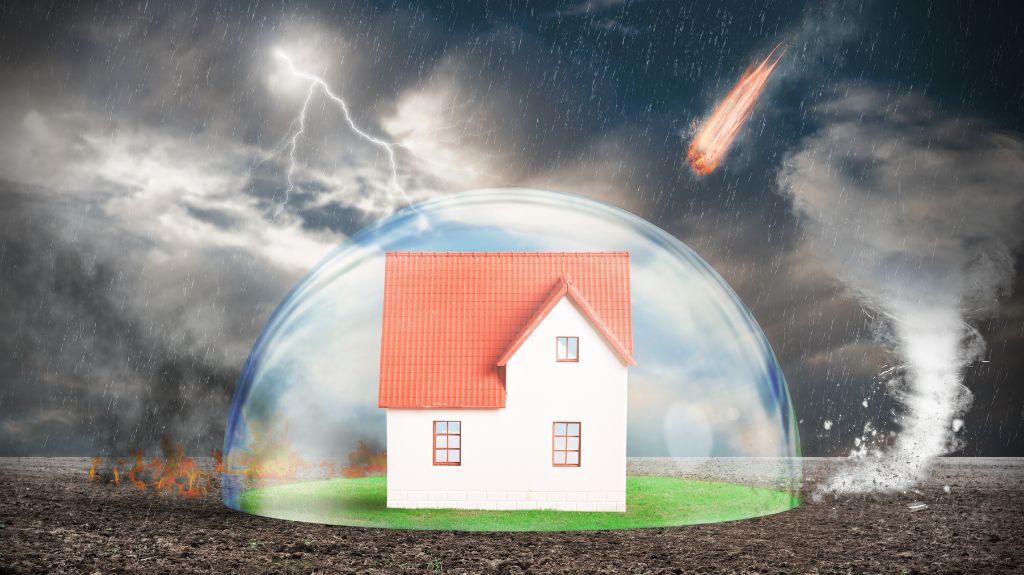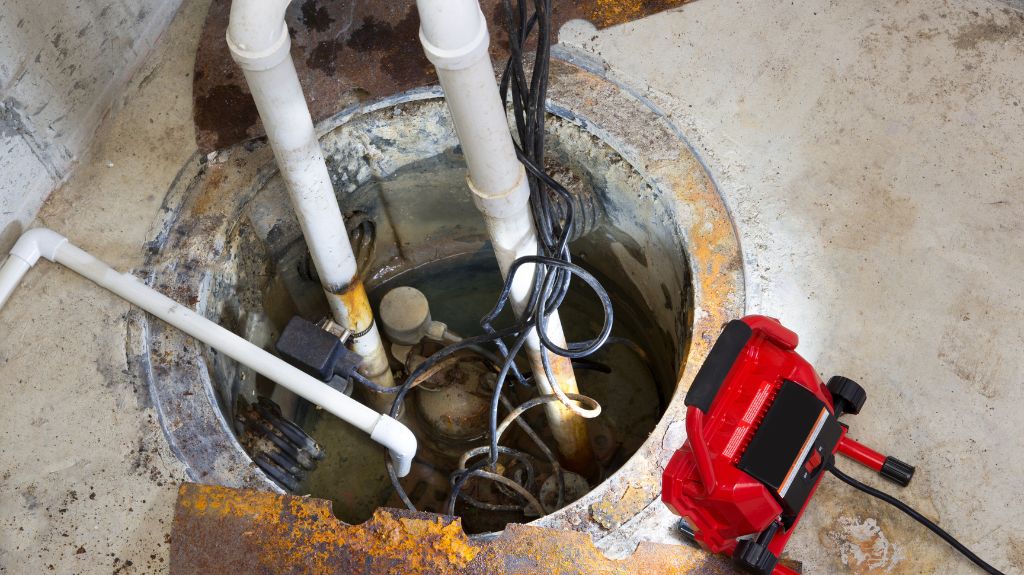
Act Quickly With These 4 Basic Tips
Whether you bought a fixer-upper or a turnkey home, it’s essential to know what to do in case of a home emergency. Some home emergencies may require a professional, like a broken gas line or water line. However, these 4 basic tips can help you act quickly to protect your home from further damage in an emergency or even prevent them from occurring at all.
1. How to Turn Off Gas Main
Ideally, you’d never have an issue requiring you to turn off your gas main. However, it’s always a good idea to know how in an emergency. A strong gas odor may indicate a break in your gas main and require you to shut it off until a professional can help. Another indicator may be the sound of gas filling your home.
First, grab an adjustable wrench and go to your gas meter. You’ll see a pipe coming up from the ground and up to the gas meter. The shut-off valve is around 6 to 8 inches from the ground. If the gas is on, that valve will be parallel to the pipe. Turn the valve 90 degrees to shut it off using your adjustable wrench. Once the gas main is off, call your gas company to notify them of any issues. They can help you safely re-light the pilots of any required appliances.
2. How to Shut Off Water Main
Similar to needing to know how to shut off your gas main in an emergency, you should also know how to shut off your water main. A water emergency, such as leaking or flooding, can cause substantial damage to your home if left unchecked.
You’ll find your main water valve near where the water main enters your house from the street. The valve will either have a wheel handle or a lever handle. Simply turn wheel handles clockwise or levers ¼ of a turn. That will cut off the water supply so you can locate the source of the leak or wait for professionals to arrive to help.
3. How to Clean Sump Pump Filter

One culprit of water emergencies in your home is sump pumps that don’t work correctly. Sump pumps collect water and excess water from your basement. Your sump pump can help prevent your basement from flooding, but cleaning the filter trap every 3 to 4 months is essential.
Before going into your sump pump, you’ll need to turn off the power or unplug it. Remove the filter from its basin and take it outside. Remove any caked-on debris by rinsing the filter with a garden hose. You can wipe the filter down with hot water and bleach for particularly tough grime or build-up. Before returning the filter to the basin, use a shop vacuum to remove any standing water and allow the basin to dry. Once dry, you can snap the filter back into place and turn your sump pump back on.
4. How to Reset Circuit Breaker
A circuit breaker may have tripped when certain appliances stop working, causing the outage. Before calling a professional, try resetting the circuit breaker to see if that resolves any issues. You’ll first want to turn off the lights and unplug everything in the affected room. Using a flashlight, locate the circuit breaker panel and inspect the circuit breaker. If any breakers are in the center position, flip that switch off and then flip it to the on position. You can then check the affected room to see if that resolved any electrical issues you encountered.
Homeownership is an investment that people work hard to maintain. We want our homes to be places that are safe and enjoyable for our families. However, there may come a time during homeownership when water, gas, or electrical emergencies occur.
Having these 4 essentials homeowners should know in your back pocket can help you resolve issues quickly or prevent them from happening at all.
About Michigan Mortgage Lender, Julie Krumholz
Julie Krumholz has helped families make the dream over homeownership a reality for over 35 years. Julie has experience that ranges from loan processing, closing, loan origination, underwriting, QC auditing and even co-owned a mortgage brokerage firm.
Julie uses her wealth of knowledge to help first-time home buyers and experienced homebuyers alike. She helps match home buyers with the program that makes sense for them, including MSHDA Loans, FHA Loans and VA programs.





